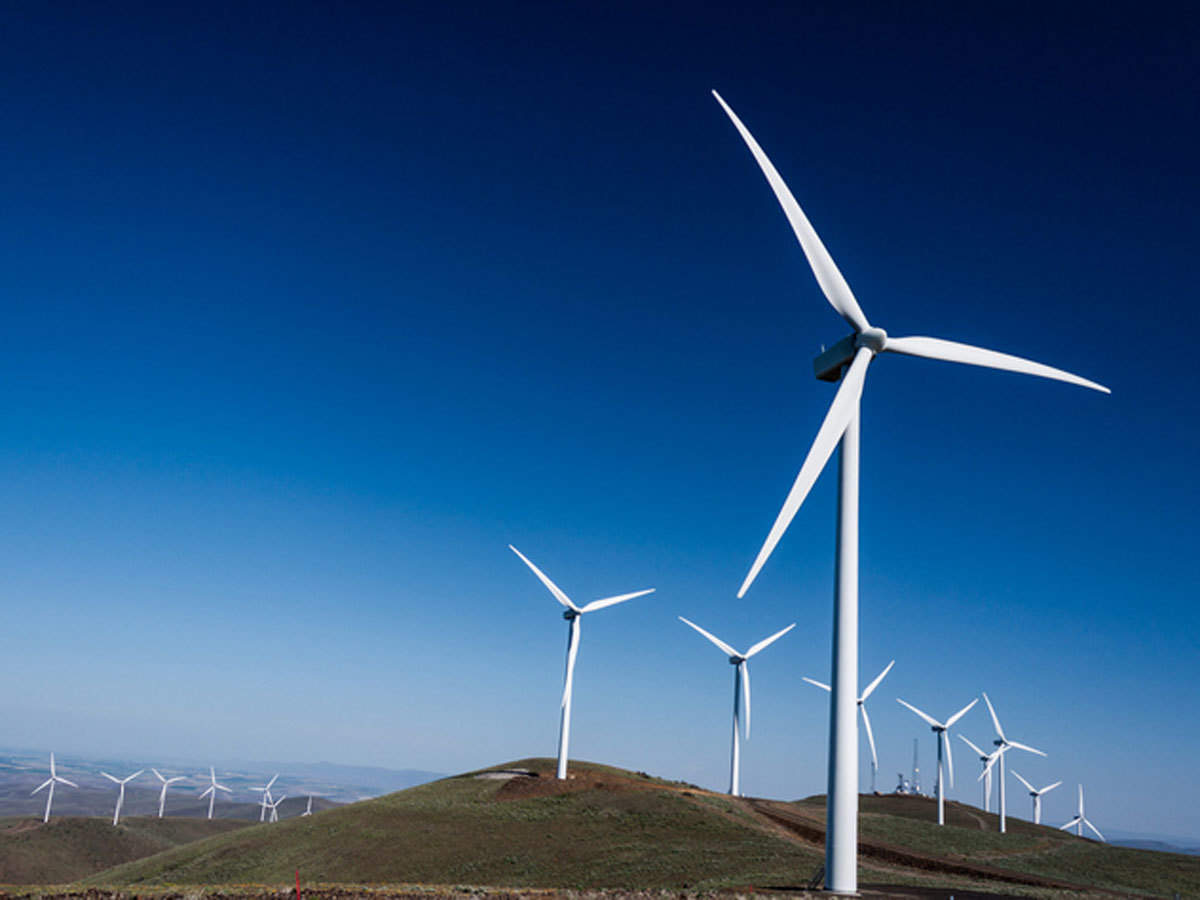
Germany has only chosen 1,433 MW of onshore wind projects in the latest auction round, falling short of the targeted capacity of 1,667 MW which was halved due to concerns of low interest.
As many as 142 bids totalling 1,436 MW were submitted within the deadline of August 1 and one bid was excluded from the competition due to a formal error, the Federal Network Agency has announced.
The bids submitted in the call were in the range of EUR 0.060 per kWh to EUR 0.0735 per kWh with the volume-weighted average price standing at EUR 0.0732 (USD 0.078), slightly below the cap.
Once again, the top award quantities were claimed by bids in North Rhine-Westphalia, boasting 51 awards of a combined 457 MW, and Lower Saxony, with 31 projects totalling 343 MW. Following closely behind is Schleswig-Holstein, securing 25 awards for a total of 259 MW.
This is the third round in this year’s onshore wind auction that remains undersubscribed although Baerbel Heidebroek, the president of the German wind energy association BWE, was confident before the third round that there are enough projects with permits that have not participated in tenders to allocate 3,350 MW. The first and the second calls also failed to allocate the targeted capacity but signalled reviving interest in the competition.
However, the capacity awarded after three tender rounds in this category in 2023 is already around 4.4 GW, which exceeds the 3.2 GW allocated in the entire 2022 but is far below the 12.84 GW that was targeted for 2023 at the beginning of the year.
According to Heidebroek, the tender rounds are still undersubscribed primarily because of rigid regulations and unclear investment conditions for the future. Supply chains continue to be under stress, components such as transformers now have standard delivery times of two years which leads to uncertainties about whether deadlines can be met and this is why developers are hesitant to participate in tenders, Heidebroek explained.
Therefore, BWE is calling on the Federal Network Agency to make implementation deadlines for projects more flexible and leave the maximum value of bids in 2024 at least at the level of 2023.












